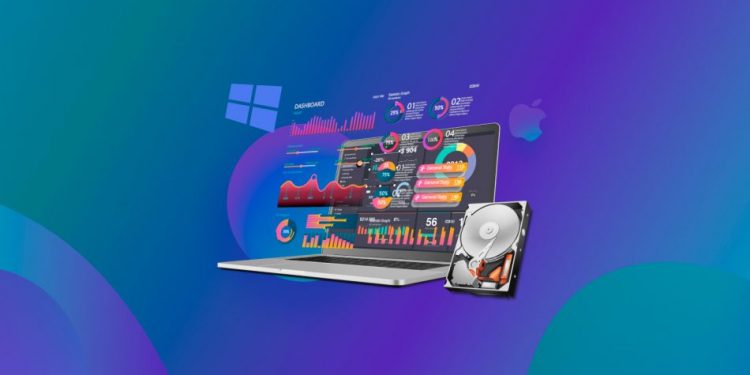The digitization of business systems has presented a plethora of benefits, from convenience to efficiency, but it is not without privacy risks. Keeping business data safe and secure should be a priority and requires the implementation of cybersecurity protection. However, how do you go about this?
This guide has everything you need to know about protecting your business data.
Invest in Defense Software
As a business, the privacy of data is extremely important. Investing in anti-virus and other security system software can help to create a strong barrier between the data and cybersecurity threats so that attackers have great difficulty in accessing private information. Defense software scans for vulnerabilities and threats detects and deletes malicious files before they can cause any harm, and maintains good cyber hygiene to strengthen the safety and security of business data.
Writing a Security Policy
All businesses should have an up-to-date written document that states the plans to protect physical and IT assets in the office, in consideration of technology, risks, and relevant laws. This should include information on how the company keeps and protects sensitive information in its files, such as names, social security numbers, addresses, and payroll information. A security policy should be built on the principles of stating what personal information is kept, scaling it down to only what is necessary, implementing measures to protect the data as much as possible, disposing of unneeded data, and planning a response in case of cybersecurity threats. A strong security policy can help to protect business data.
Cybersecurity Training
Educating employees on cybersecurity threats can help to keep business data safe. Regular training can allow business data to be managed securely in consideration of up-to-date information on cybersecurity threats and preventative measures.
Encrypt Communications
Business communications should take place using devices that are private, password-protected, and encrypted to prevent unauthorized access. Third parties are unable to access encrypted data, protecting it from cybersecurity attackers. Transmitted and stored information is therefore kept safe and secure for ultimate privacy.
Learn more about the importance of PGP encrypted phones at GhostChat, from cybersecurity specialists.
Data Disposal
When resetting business devices that are no longer in use, simply wiping, formatting, and reinstalling software does not suffice. Using reliable software that overwrites the data numerous times using encryption methods can help to prevent private business data from being recovered and accessed by unauthorized persons.
Keep Cold Backups
Ensuring that there are offline copies of business data is necessary for retaining access if a breach occurs. Preventative steps can strengthen the security of the information, but if a cyberattack happens to be successful, a prepared plan of action will allow the business to resume its ordinary state. Live viruses and hacking attempts and power outages do not affect cold backups, so they adequately offer a replacement for online business data when there are issues accessing it.
To keep business data safe and secure, consider investing in defense software, writing an up-to-date security policy, training employees in cybersecurity, encrypting communications, adequately disposing of data, and keeping cold backups. Incorporating these steps into a business will safeguard private data.
Follow Techdee for more!





